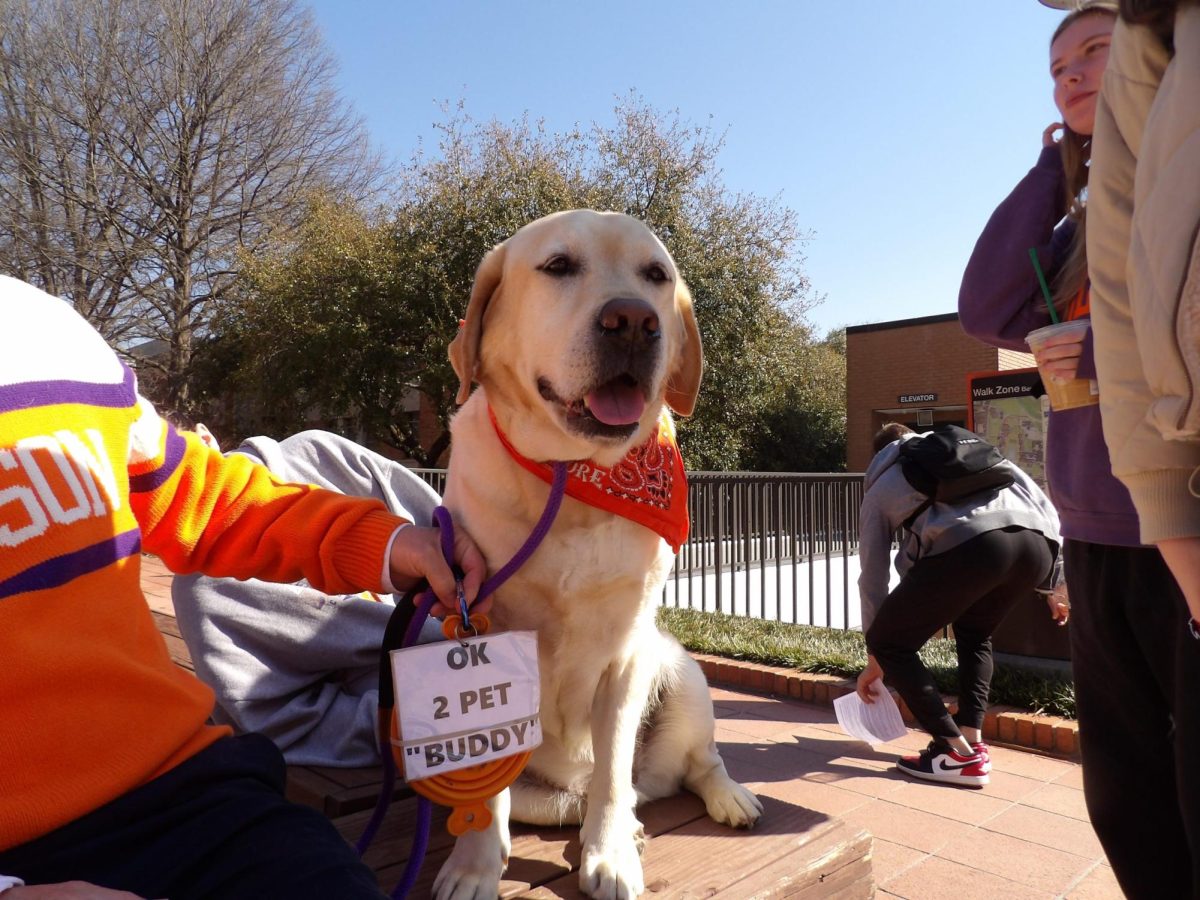Clemson Undergraduate Student Government (CUSG) will be promoting Mental Health Awareness next week via social media. According to Senator Emily Blackshire, a current CUSG presidential candidate, the social media push will be “nothing major, but [CUSG is] hoping to shed some light on [mental health] and draw some attention to it before Valentine’s Day.” They will be working with Clemson’s Counseling and Psychological Services (CAPS).
CAPS has four specific programs for students, faculty and partners of students in conjoined therapy: Assessment, Choices, Training and Transitions Program (ACTT) and Alcohol and Other Drug Services; CU Cares Relationship and Sexual Violence Services; Eating Disorder Services and Consultation and Outreach Services. It also offers an informal online screening process for mental health issues.
According to the CAPS website, their services are best accessed through the CUNow Clinic; every student who comes for help will be asked to fill out initial paperwork and then assigned a primary counselor.
Most students attend 50-minute sessions once a week but are eligible for 10 individual sessions per semester. According to the website, “an emphasis is placed on a short-term treatment model.” Support and psychoeducational groups are also offered; they are focused on “personal growth, enhancing interpersonal relationship skills, coping with adjustment to college and coping with anxiety in social situations.”
Blackshire mentioned the improvement of CAPS with an increase of staff, “including the recent full-time onboarding of a psychiatrist in December.” Blackshire said that “these additions have cut the waits tremendously.” The increase in staff has also made it possible for CAPS to offer more opportunities in the form of one-on-one counseling, group sessions and online modules. Douglas A. Hallenbeck, the senior associate vice president for student affairs, said the new staff was certainly needed. “During the fall of 2015 semester, there was a 35 percent increase in visits to CAPS,” said Hallenbeck. 62 percent of all Clemson students reported depression, stress or anxiety negatively affecting their grades, and 55 percent of students nationally accessed mental health services in 2012.
The national Mental Illness Awareness Week is hosted by the National Alliance on Mental Illness (NAMI) during the first full week of October. Last year’s theme was #IAmStigmaFree. The week helps to “fight stigma, provide support, educate the public and advocate for equal care.”
According to NAMI, the most important mental health awareness activity for colleges is mental health training for faculty and staff. The awareness week helps achieve this, as well as Clemson’s Healthy Campus program, which was set up specifically to educate students and faculty about mental health.
“Mental health affects every single person on campus,” says CUSG presidential candidate Senator Joey Wilson. “We believe that Clemson students should have the opportunity to be trained in how to support people who are experiencing depression, as well as advocating for CAPS because they care very much about Clemson students.”
CAPS also serves as an accredited doctoral internship program with professional psychology counseling training.







